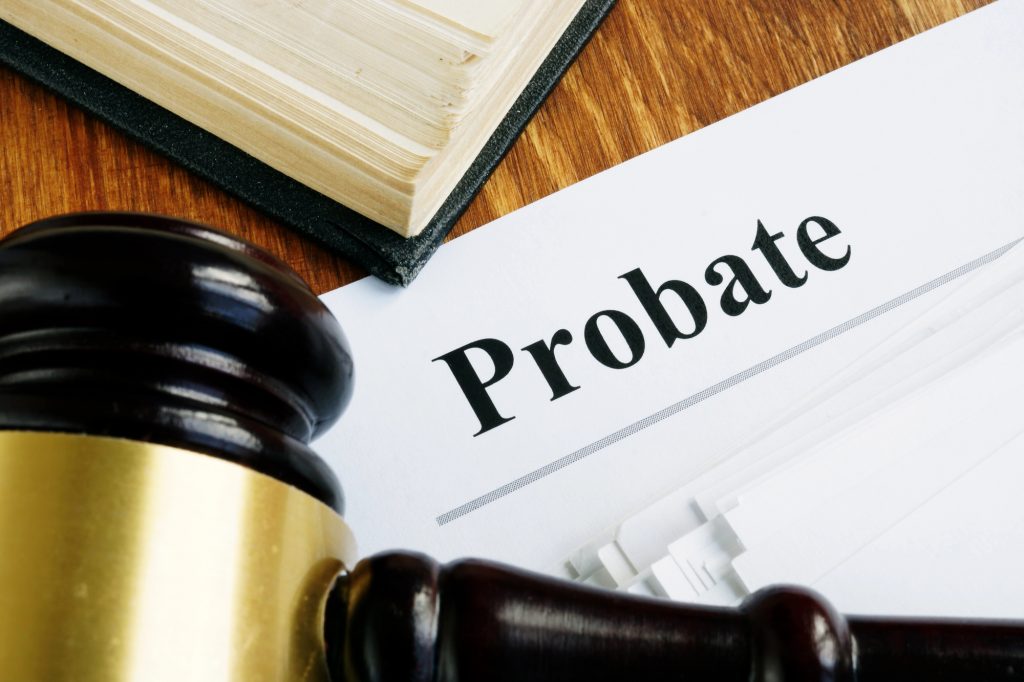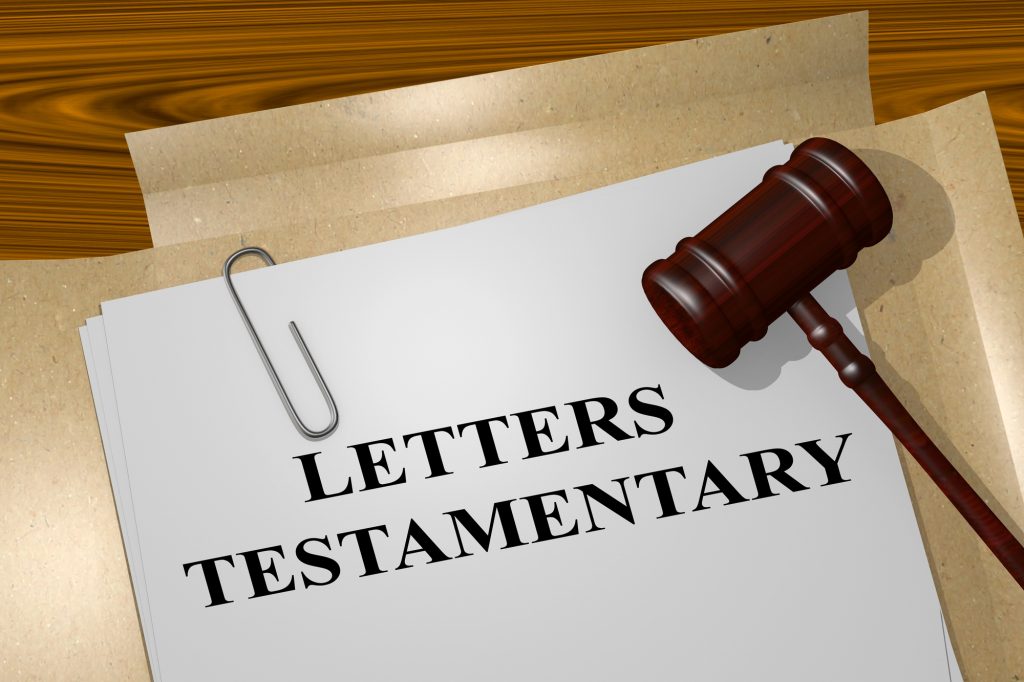
As mentioned before, Formal Probate is the much-feared archetype for someone looking to administer an estate for a deceased relative. However, in most states, while Formal Probate is a bit expensive and takes quite a while to wrap up, it’s often not as bad as people expected.
In states with no Informal Probate process in place, or if an estate is either disputed or insolvent, then a named Executor of a Will, or Personal Representative (same thing, just a different name) as in my state of Utah, will petition the court to authorize them as the fiduciary over the assets of the estate. The court will inspect the Will, verify that everyone with a legal interest in the estate (heirs and creditors) knows about the probate and has a chance to make an appearance, and hold hearings to ensure that no interested party is denied their legal due, then finally authorize the person petitioning the court to be the Executor or Personal Representative (“PR”).
This takes quite a bit of time, and costs more in attorney fees, since the attorney has to draft and file more papers with the court throughout this process than she or he would under Informal Probate. The attorney will also take front and center in the various hearings that the court schedules.
Formal Probate is, in fact, a form of litigation, but not like a typical civil lawsuit. The court is simply trying to ensure that no one comes back against the heirs later because they were denied their rights.
In the end, the court will grant “Letters Testamentary” to the Executor or PR, which is the court order authorizing that person to manipulate and distribute the estate assets according to the instructions in the Will of the deceased.
The Executor or PR is a “fiduciary,” which means that they have the highest duty under civil law to follow the directions in the Will with the utmost integrity, and with diligence. It’s a hard job, not so much that it takes a genius to do it, but because there are so many moving parts, and so many different things to do.

As with Informal Probate, the probate can then be “closed” when everything is all wrapped up, which extinguishes the interests of heirs or creditors past the date of closing.